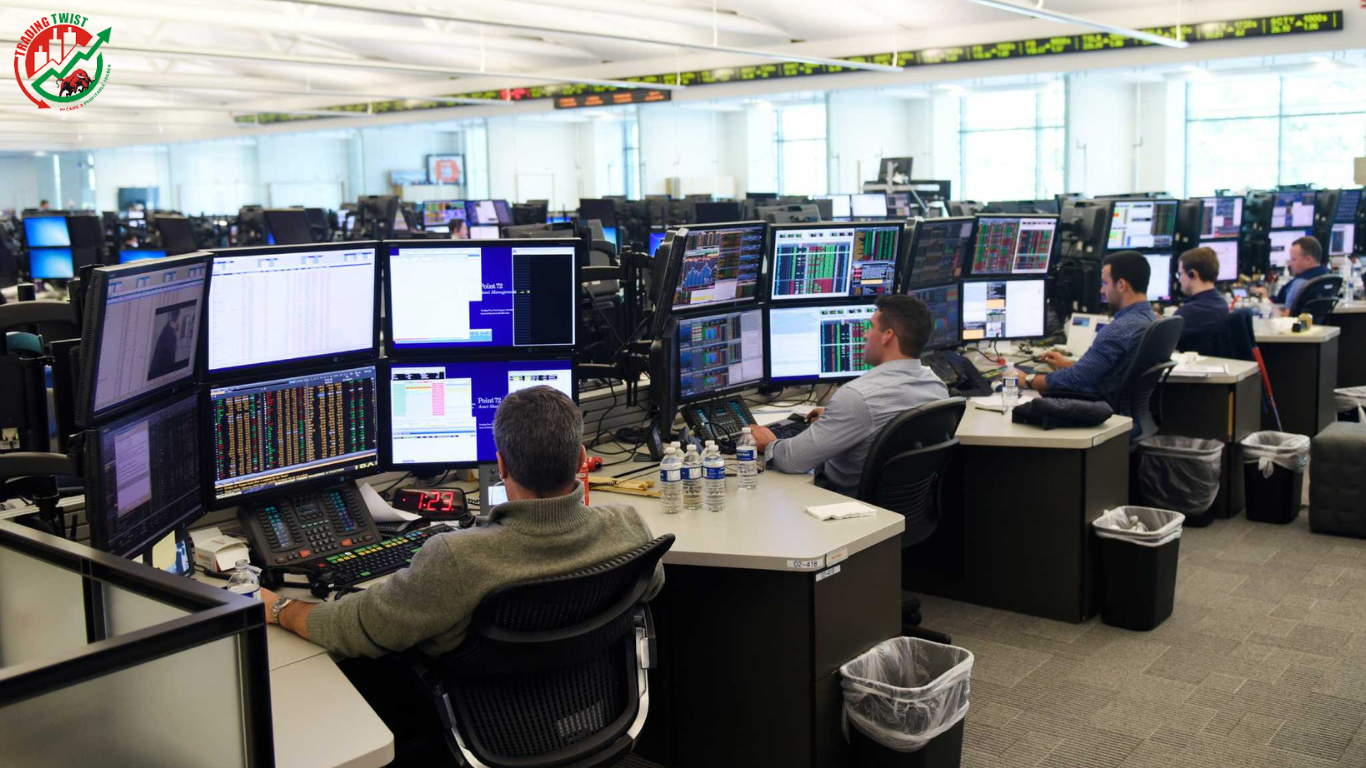
Pakistan Mercantile Exchange (PMEX) is the country’s only exchange-based marketplace for commodity futures trading. As a regulated exchange, PMEX has certain rules and regulations that brokers must follow in order to operate on the platform.
Trading on Pakistan Mercantile Exchange (PMEX) key Rules and Regulations followed by Brokers
- Registration and licensing: Brokers must be registered and licensed with the Securities and Exchange Commission of Pakistan (SECP) in order to operate on PMEX.
- Capital requirements: PMEX has capital requirements in place for brokers operating on the platform. These requirements ensure that brokers have sufficient capital to meet their financial obligations and protect the interests of their clients.
- Compliance with PMEX rules: Brokers must comply with all PMEX rules and regulations, including those related to trade execution, reporting, and settlement.
- Client protection: Brokers must adhere to client protection rules, which include maintaining client funds in segregated accounts and providing clients with transparent information about their trades and account balances.
- Risk management: Pakistan Mercantile Exchange (PMEX) has risk management rules in place to ensure that brokers are able to manage the risks associated with trading on the platform. These rules include margin requirements and position limits. Overall, these rules and regulations are in place to ensure a fair and transparent trading environment on PMEX and to protect the interests of brokers and their clients.
- International Forex Brokers Rules and Regulations: Forex brokers operating in the international market are subject to a variety of rules and regulations that are designed to protect traders and ensure a fair and transparent trading environment. These rules and regulations can vary depending on the country or region in which the broker is based, as well as the specific financial regulatory authority responsible for overseeing the broker’s operations. It’s strongly recommended to trade with legit and regulated brokers.
Rules and Regulations Subject to International Forex Brokers
- Registration and licensing: Forex brokers must be registered and licensed with the appropriate financial regulatory authority in order to operate legally. This typically involves meeting certain capital requirements and demonstrating compliance with relevant regulations.
- Client protection: Forex brokers are required to adhere to rules designed to protect clients, such as maintaining client funds in segregated accounts and providing clients with transparent information about their trades and account balances.
- Risk management: Forex brokers must implement risk management measures, such as margin requirements and position limits, to ensure that they are able to manage the risks associated with trading.
- Trading practices: Forex brokers must follow rules related to trade execution, reporting, and settlement, and may be required to use specific trading platforms and systems.
- Financial reporting: Forex brokers may be required to submit regular financial reports to demonstrate their financial health and compliance with regulatory requirements. The specific rules and regulations that apply to international Forex brokers can vary depending on the location of the broker and the specific financial regulatory authority responsible for overseeing its operations. It is important for brokers to be aware of and comply with all relevant regulations in order to operate legally and protect the interests of their clients.
Why international brokers are more attractive than Pakistan Mercantile Exchange (PMEX) regulated brokers?
There are several reasons why international Forex brokers may be more attractive to traders than brokers regulated by the Pakistan Mercantile Exchange (PMEX).
Some potential reasons include
Some Effective Reasons
Providing Better Educational Tools and Facilities: International brokers provide a wide range of educational facilities from basic to advance levels of knowledge of trading, including advanced levels of technical and fundamental analyses, news analyses, and trading advice while local brokers are far away from such educational services.
Fast Trade Execution and Transparency: International brokers are providing very fast trade execution and transparency as compared to local brokers. You can trade on all formats and on all market conditions like news trading. You can also use Expert Advisors (EA) to trade on your accounts and if you use VPS it means you are able to make money the whole day and 7 days a week.
Easy to Open Trading Accounts: Account opening is very easy. You can easily open a trading account with international brokers in just 5 minutes and your account gets verified in a few simple steps from your mobile number and CNIC. Local brokers, it takes many complications and complicity that new traders to get afraid and avoid opening accounts with local brokers.
Some Ideal Reasons
Comfortable Deposit and Withdrawal Methods: International brokers offer multiple methods for deposit and withdrawal and the complete privacy of their users. You can deposit and withdraw funds at any time your funds will be processed immediately or in a few hours.
Can start with low capital: In International brokers, you can start trading with low capital, even with a $1 initial deposit from a Cent account, and gradually increase your capital and trading skills. (You can read my article on how to start trading with low capital). Local brokers don’t offer such type of facility so the majority of new traders also prefer International brokers.
Ideal Conditions for Intraday Traders: You can short scalp on the 1-minute time frame and easily make short profits and can use any other format of trading and techniques of news trading, short pullbacks, etc.
Allow Hedging: International brokers allow you to hedge. There is no additional swap or commission in International brokers so you can easily protect your trading positions for long periods of time and can manage, close, or partially close on other suitable market conditions.
Conclusions
Overall, while PMEX-regulated brokers can be reputable and offer a range of products and services, international brokers may be more attractive to traders due to their wider range of offerings, larger market size, stronger regulatory oversight, and advanced trading platforms.








